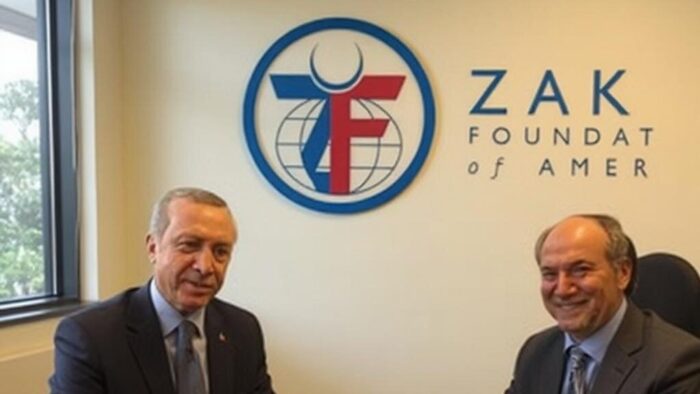Scientific American is reporting how what is described as “information overload” is interacting with social media to spread disinformation. The report describes how this synergy functions by citing a fictional user named “Andy”:
This example illustrates a minefield of cognitive biases. We prefer information from people we trust, our in-group. We pay attention to and are more likely to share information about risks—for Andy, the risk of losing his job. We search for and remember things that fit well with what we already know and understand. These biases are products of our evolutionary past, and for tens of thousands of years, they served us well. People who behaved in accordance with them—for example, by staying away from the overgrown pond bank where someone said there was a viper—were more likely to survive than those who did not. Modern technologies are amplifying these biases in harmful ways, however. Search engines direct Andy to sites that inflame his suspicions, and social media connects him with like-minded people, feeding his fears. Making matters worse, bots—automated social media accounts that impersonate humans—enable misguided or malevolent actors to take advantage of his vulnerabilities.
Read the rest here.





